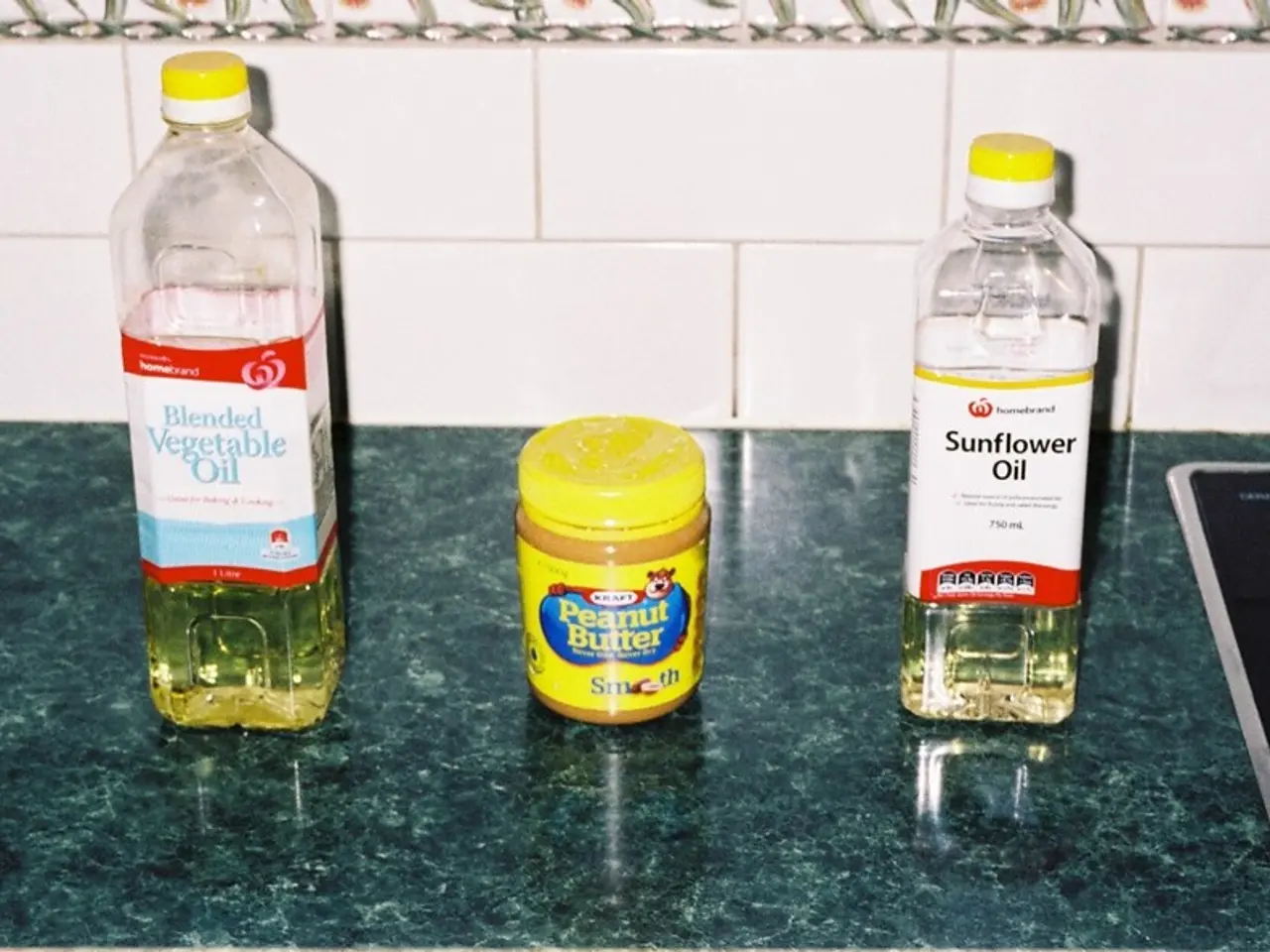Are Plant-based Oils Under Fire, but Are They Health Hazards Instead?
In the wellness-conscious circles of the internet, seed oils - oil made from plant seeds - have been painted as pariahs for a few years. Folks with varying credentials brand them as "toxic," call out a set of them as "the hateful eight," and even suggest they're the culprits behind a host of chronic diseases. But these days, they've hit mainstream infamy, thanks to TikTok influencers bashing them and Robert F. Kennedy Jr.'s claim that we're being "unknowingly poisoned" by them. But should we view seed oils as Public Enemy No. 1?
Apparently not, according to the science, which isn't nearly as grim - and often points in the opposite direction. The American Heart Association released a presidential advisory in 2017, urging people to eat less saturated fat (found in things like butter, lard, and coconut oil) and instead, consume more unsaturated fat, like that found in seed oils, to lower their risk of developing cardiovascular disease. So why the negative buzz around seed oils?
It seems the concerns revolve around the omega-6 fatty acids that are abundant in them. A connection has been drawn between these fatty acids and inflammation in the body, which could potentially contribute to chronic conditions. However, the idea that too many omega-6s could increase inflammation in the body has yet to pan out in real-world studies.
Moreover, other studies have found that high omega-6 consumption is linked to a reduced risk of type 2 diabetes and cardiovascular disease, as well as death from any cause. Research on the effects of seed oils shows that they're more beneficial than harmful, as long as they're consumed in moderation within a balanced diet.
To be sure, concerns have also emerged about how seed oils are made and what's left in the refining process. Critics question the chemicals used to draw out the oil as well as the presence of potential contaminants. But rest assured, according to the Agency for Toxic Substances and Disease Registry, the levels remaining in the final product are negligible and not harmful.
When it comes to using seed oils for cooking and meal preps, they're a net good. Don't be afraid to drizzle, sauté, and stir-fry as you like. Just be mindful of overconsumption, especially when eating ultraprocessed foods, which often contain high levels of seed oils. Essentially, seed oils are a valuable source of healthy fats as long as you maintain balance in your diet. So, fear not the humble seed oil. Embrace the drizzle and enjoy your cooking!
Related Articles:Are Prunes Really the Natural Constipation Remedy They're Cracked Up to Be?Our Favorite Tinted Sunscreens Are One-Step Wonders8 Workout Pains You Should Never Ignore
[1] American Heart Association. (2017). Polyunsaturated Fatty Acids and Cardiovascular Disease: A Presidential Advisory From the American Heart Association. Circulation, 136(4), e44–e66. [2] Mozaffarian, D., & Ludwig, DS. (2011). Unsaturated fats, carotenoids, and coronary heart disease risk: an evaluation of global epidemiologic evidence. Atherosclerosis, 215(1-2), 159–165. [3] Burdge, GC, & Calder PC. (2011). Omega-3 and Omega-6 Fatty Acids in Inflammation and Cancer. Anti-cancer Agents in Medicinal Chemistry, 11(10), 1180–1190. [4] Food and Agriculture Organization of the United Nations. (2010). FAO Food Nutrition Paper No. 91. Fats and Fatty Acids in Food: A Background Document for Dietary Guidelines. Food and Agriculture Organization of the United Nations.
- The American Heart Association suggests replacing saturated fats with unsaturated fats, like those found in seed oils, to lower the risk of developing cardiovascular disease.
- Concerns about seed oils often revolve around the omega-6 fatty acids they contain, with some suggesting a link between these fatty acids and inflammation that could potentially contribute to chronic conditions.
- However, real-world studies have yet to confirm that high omega-6 consumption increases inflammation in the body, and some research even shows a reduced risk of type 2 diabetes and cardiovascular disease with high omega-6 consumption.
- In a balanced diet, seed oils are more beneficial than harmful, offering a valuable source of healthy fats, as long as consumption is moderated.
- Critics raise concerns about the chemicals used in the refining process of seed oils and the potential presence of contaminants, but the Agency for Toxic Substances and Disease Registry deems the levels in the final product as negligible and not harmful.
- While being mindful of overconsumption, especially in relation to ultraprocessed foods, seed oils are a suitable choice for cooking and meal preparations, providing a net good in terms of healthy fats.




